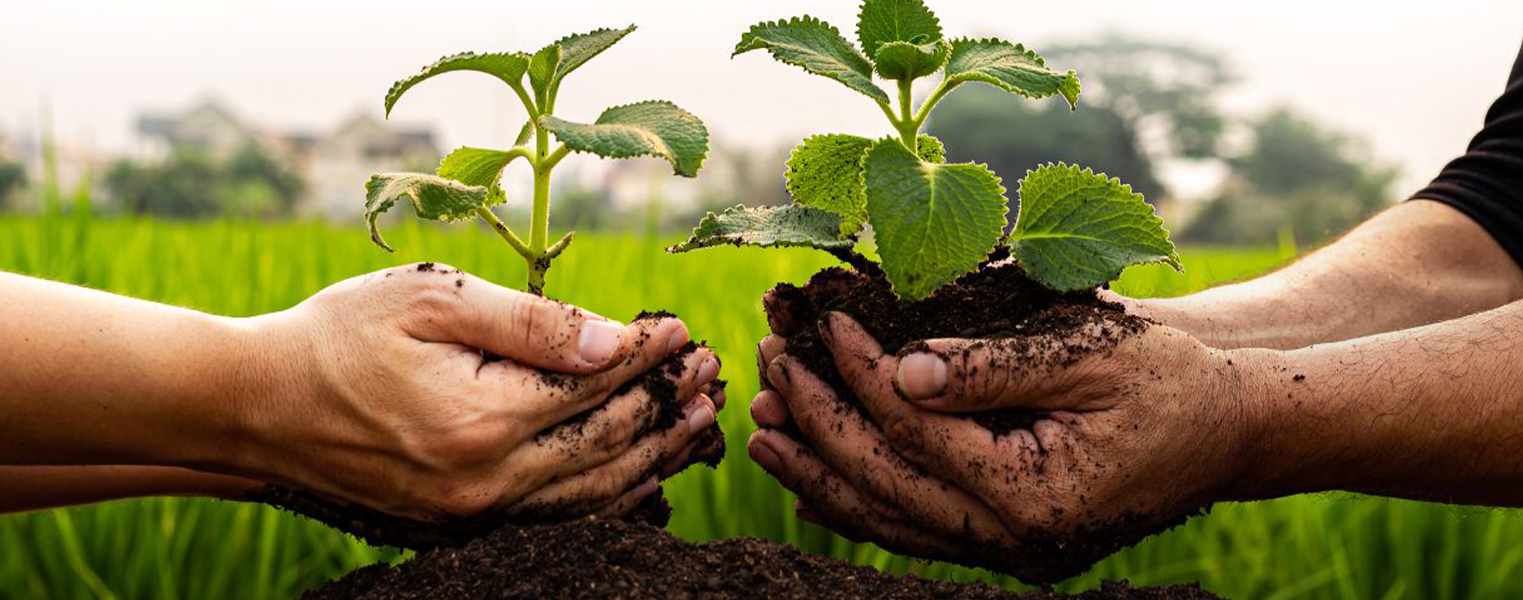Empowering Different Perspectives With Social Equity And Cultural Competence
Why conservation organizations must step up to model global DEI .
The health of the environment affects us all. Simply put, an unhealthy environment does not discriminate based on gender, race, creed or identity. From Tennessee to Kenya to Indonesia, communities rely on nature for resources, livelihoods and recreation, and are negatively impacted when their environment is endangered by threats such as climate change and environmental injustice.
In order to improve how we address the pressing challenges facing our planet today, we need the conservation organizations doing the work to better understand and represent the communities in which they serve and beyond. We need more united, inclusive and safe workplaces that institute internal cultures based on dignity and respect. I was initially drawn to The Nature Conservancy (TNC) by the opportunity to help lead this great community of over 4,000 staff members in living our values by committing to diversity and empowering different perspectives and voices in conservation.
One of my top priorities as TNC’s new Chief Global Diversity, Equity and Inclusion Officer is to listen and learn from our staff members operating across 72 countries. To build on TNC’s DEI foundation, we are taking four immediate actions that aim to instill DEI in all of TNC’s practices and partnerships and deliver a suite of learning opportunities for our community. We have created collaborative groups across TNC to support different DEI initiatives, and are committed to an inclusive process that will seek long-term solutions and systems change—not quick fixes.
Our first action is to equip our staff with clear DEI communications guidance and tools. We have formed an advisory group that offers ongoing counsel and direction, so we are culturally competent and informed when interacting with our many stakeholders. Second, we are redefining our global DEI vision that will be shared by our staff, trustees and global board of directors. We believe that to truly do this right, and be as inclusive as possible, we must go slow to go fast. I am encouraging my teammates to become comfortable with discomfort—to engage in brave and courageous conversations. Only by leaning in and trying to understand one another can we embody and communicate our value of respect for people, communities and cultures.
Historically, environmental organizations have not invested in, or even had, a DEI program. TNC is not perfect and we know we have work to do, which is why we’re doubling down on efforts to strengthen our DEI strategy, outreach and operations. TNC has increased our capital and capacity in DEI, sponsoring projects centered on gathering comprehensive data and hiring more staff who will help advance our inclusivity efforts. Additionally, we have launched a comprehensive research project to acknowledge our organizational history and address our past misdeeds. In partnership with others, we will work to ensure the communities we serve internally and externally are respected, valued and embraced.
As a data-driven person, I am personally excited about our third priority: creating our first-ever global DEI dashboard that will allow us to diagnose our current trends in hiring, promotions and retention; set goals and track progress; and determine whether our efforts are achieving our desired results. These interactive data will not only show TNC’s gaps and inequities to inform where we can grow, but also serve as an industry benchmark for leveraging predictive analysis to support strategic priorities and integrated DEI success.
DEI education for TNC staff and trustees make up our fourth initiative. Our educational offerings provide growth opportunities on topics such as active bystander and imposter syndrome. A core part of this work also involves establishing mandatory DEI managerial training. Organizational leadership is critical to ensuring we communicate through a diversity lens in all our programs and interactions.
We are eager and ready to lift DEI’s prominence in other NGOs and conservation organizations like TNC. We are stepping up to incorporate more DEI into our everyday operations, collaborations and interactions, and are grateful for our partners who offer their support and counsel in this area.
Our mission to protect the lands and waters on which all life depends—in a socially equitable and culturally competent way—starts with us.









